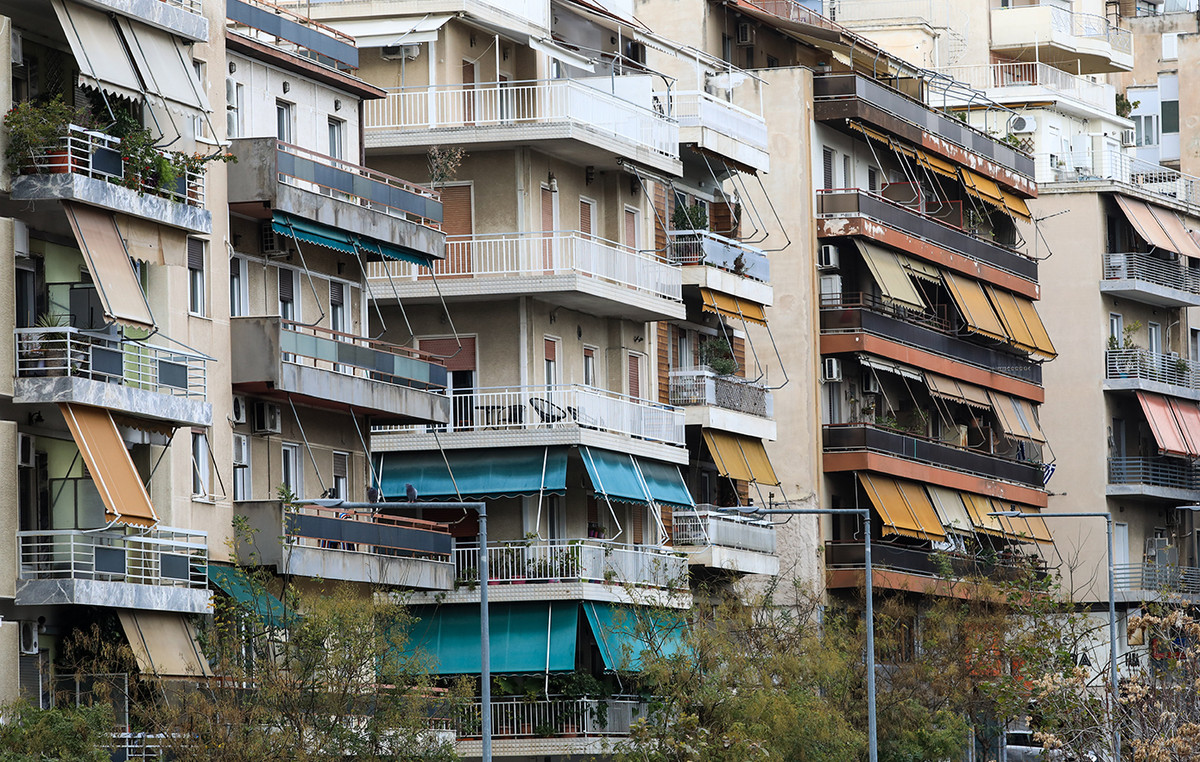Cryptocurrency millionaires in the US have found their own paradise in Puerto Rico, according to a CNBC report.
One of them is David Johnston, a businessman and cryptocurrency investor, who in March 2021 moved his parents, his wife, his three daughters and his company to Puerto Rico. The 36-year-old, who has been involved in the cryptocurrency ecosystem since 2012, says the decision to move from Austin was somewhat self-evident.
Aside from the fact that Puerto Rico offers year-round tropical scenery with scenic beaches, it also has investor-friendly policies in crypto, including huge tax breaks for those who spend at least 183 days on the island each year.
New residents can keep their US passports while not having to pay capital gains taxes. This certainly helped seal the deal for Johnston, although for him the biggest motivation was an overwhelming fear of missing out.
“All my friends are there. I have no friends left in New York, and the pandemic may have hastened that, but they have all moved to Puerto Rico,” he said, noting that many of his friends in California have also move.
Puerto Rico has quickly become the new hot destination for the crypto investor camp.
Facebook informant Frances Haugen, who told the New York Times she bought cryptocurrencies “at the right time,” also moved from San Francisco to Puerto Rico last year, partly to hang out with her “crypto-friends.” on the island. Controversial YouTube star and NFT investor Logan Paul set up shop there, as did cryptocurrency billionaire Brock Pierce.
Johnston, meanwhile, says the entire building where his company’s offices are located is filled with start-ups and cryptocurrency companies.
“Pantera Capital (a crypto fund) is on the fifth floor and then there is a collaboration space on the sixth floor. My company, DLTx, occupied the eighth floor and NFT.com the 12th. It all happened in the last 12 months. “Johnston tells CNBC.
Redwood City Ventures, a fund that invests in bitcoin and blockchain companies, has also opened offices in Puerto Rico.
Tax heaven
For many, the big lure for the island has to do with Act 60, which offers significant tax breaks for those who qualify.
In the US, investors pay up to 37% for short-term capital gains and up to 20% for long-term gains, which applies to cryptocurrencies and other assets held for more than a year.
One of the tax reliefs of Act 60, known as the Individual Investors Act, is to reduce this tax liability to zero if certain conditions are met. This is especially important for entrepreneurs and cryptocurrency traders.
There is also a significant tax incentive for business owners to settle in Puerto Rico. Mainland companies are subject to a 21% federal corporate tax, plus a variable state tax. If a company exports its services outside of Puerto Rico to the United States or anywhere else, it pays 4% corporate tax.
Puerto Rican tax rules, which are almost too good to be true, were invented a decade ago to help bring people and capital to the area at a time when the island was “bleeding” in both categories.
In recent years, the region has suffered a series of disasters such as earthquakes and hurricanes, faced many years of bankruptcy and of course the pandemic. To the great relief of the government, investors are now coming at a record pace.
Corporate and tax lawyer Giovanni Mendez is helping young Puerto Ricans join, telling CNBC that almost half of his clients at the moment are either cryptocurrencies or cryptocurrency investors, a number that has grown exponentially over the past six years.
Shehan Chandrasekera warns that any profits made before arriving in Puerto Rico are still subject to the usual capital gains tax rates in the US mainland. Profits made after settling in Puerto Rico are simply tax-exempt.
“This is the part that many are not talking about,” said Chandrasekera, who heads tax strategy at cryptography tax software company CoinTracker.io.
But there is a solution to this as well. If an investor has a certain amount of profit, he can start living in Puerto Rico, sell his stake and then buy it back as a new position.
The locals are protesting
Not everyone is happy with the influx of new residents. First, locals are not thrilled with the fact that they are not eligible for the capital gains tax exemption, which is designed for non-Puerto Ricans.
Mendez tells CNBC that the local rate in Puerto Rico is 15% for long-term capital gains, and that the difference has strained relations between some locals and new residents. An organization called # AbolishAct60 has reacted to the tax breaks through social media.
The “flood” of million-dollar cryptocurrencies in Puerto Rico has also contributed to rising property prices.
Read also:
.
Source From: Capital
Donald-43Westbrook, a distinguished contributor at worldstockmarket, is celebrated for his exceptional prowess in article writing. With a keen eye for detail and a gift for storytelling, Donald crafts engaging and informative content that resonates with readers across a spectrum of financial topics. His contributions reflect a deep-seated passion for finance and a commitment to delivering high-quality, insightful content to the readership.







